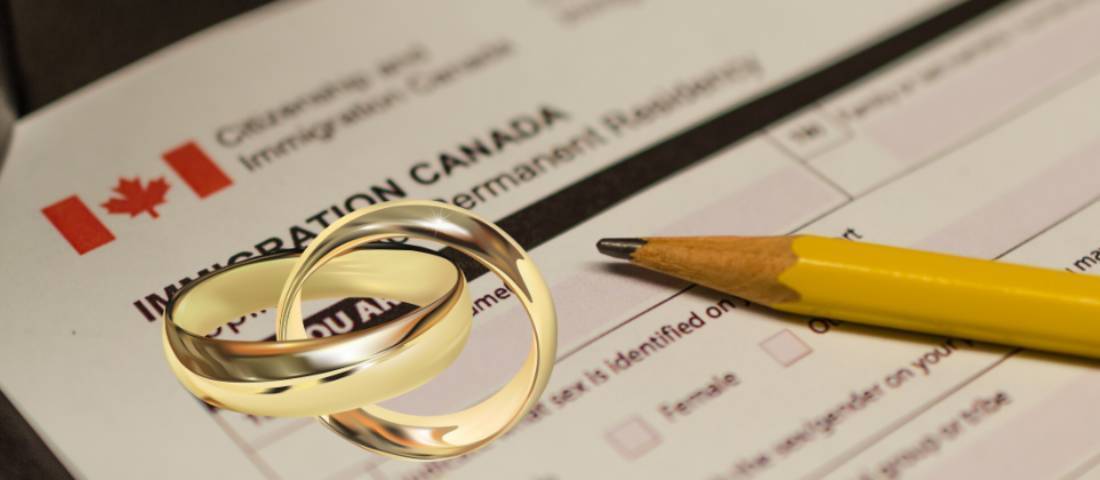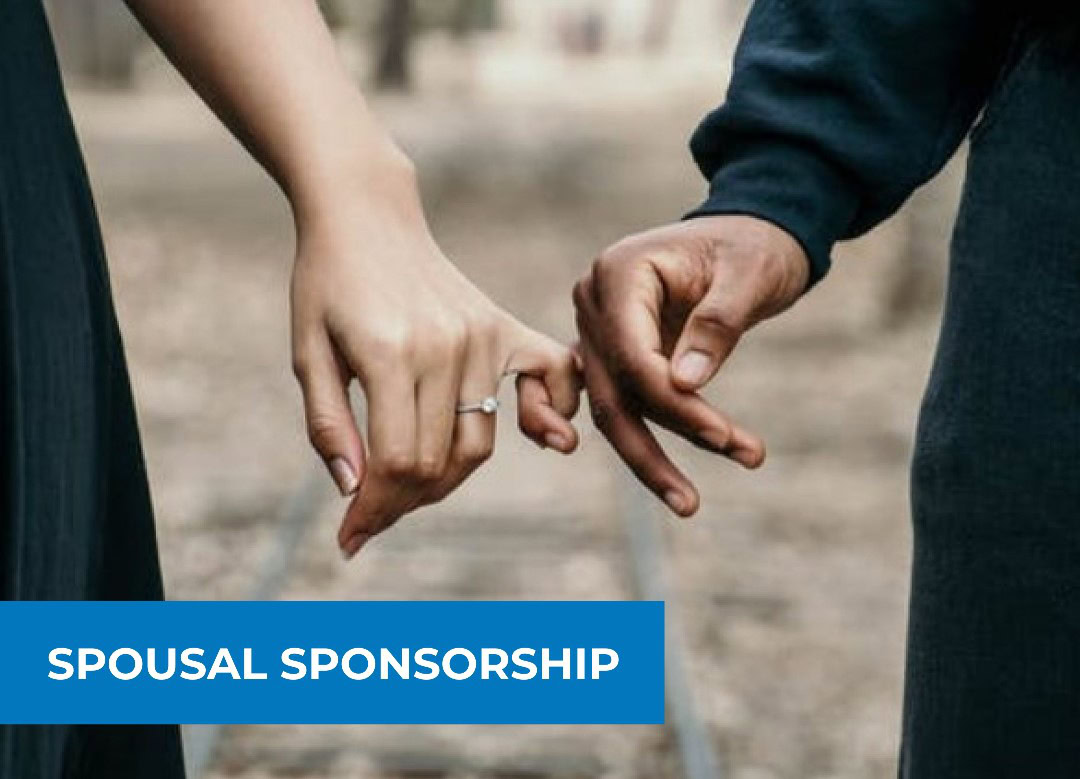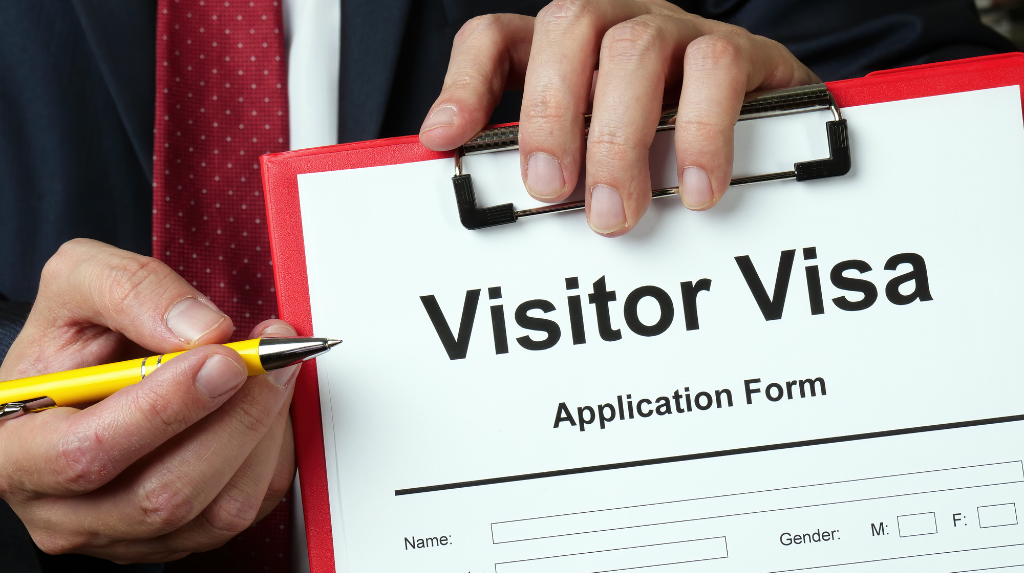Spousal Sponsorship in Canada: How to Prove Your Relationship is Genuine
When it comes to spousal sponsorship applications in Canada, the single most important factor is proving the genuineness of your relationship. It’s not about how much money you make, how fluent you are in English or French, or how old you are. If you meet basic admissibility requirements and can clearly show your relationship is real, your chances of approval increase significantly.
Failing to demonstrate genuineness, however, is the number one reason applications get refused.
At Akrami & Associates, we’ve helped thousands of couples reunite in Canada. Here’s how you can avoid common mistakes and strengthen your case.
1. Officers Focus on the Applicant’s Intent (Not Just the Sponsor’s)
One of the most misunderstood aspects of spousal sponsorship applications is whose intent immigration officers evaluate most closely.
The sponsor, the Canadian citizen or permanent resident, is obviously committed to bringing their partner to Canada. But that’s not what officers care about. They focus primarily on the applicant’s intent, because it’s the applicant who could benefit from Canadian permanent residency.
If an officer believes the applicant married or entered the relationship primarily for immigration purposes, the application will likely be refused, even if the sponsor’s intent is 100% genuine.
2. Communication Matters: Go Beyond “I Love You Too”
Officers will look at how the applicant communicates with the sponsor. This includes:
- Messages, emails, or letters exchanged
- Who the applicant has told about the relationship (friends, family, community)
- The tone and depth of communication
A common mistake? Submitting communication where the sponsor is expressive and loving, but the applicant responds with short, one-line messages like “Thanks, love you too.”
From the officer’s perspective, this imbalance could suggest a lack of genuine emotional investment from the applicant. Make sure you include evidence where both partners are engaged and expressive.

3. Build a Complete Picture with Multiple Types of Evidence
There is no single “magic” document that proves a relationship is genuine. Instead, you must build a complete picture using a variety of evidence, such as:
- Personal statements: A heartfelt letter from the applicant explaining the history and depth of the relationship.
- Reference letters: From friends, family, or community members who can vouch for your relationship.
- Travel itineraries: Trips taken together can show shared experiences.
- Social media and public acknowledgment: Photos, posts, and comments that demonstrate your relationship is known publicly.
- Communication logs: Screenshots of text messages, emails, and video call histories.
If there are cultural or family reasons why your relationship isn’t publicly acknowledged, be upfront. Explain the situation clearly in your personal statement, officers are familiar with cultural nuances and will appreciate the context.
4. Address Cultural Barriers and Missing Documentation Proactively
Many genuine couples face challenges like:
- Family members who don’t approve of the relationship
- Parents who didn’t attend the wedding
- Inability to cohabit before visa approval due to cultural or legal restrictions
These gaps can raise questions for immigration officers if you don’t explain them. For example, if your parents didn’t attend your wedding, don’t wait for the officer to ask about it in a procedural fairness letter. Explain the circumstances upfront.
The more transparent you are, the more likely officers will view your application favorably, and you may even reduce processing delays.

5. Avoid the Risk of an Interview
If your application is incomplete or raises red flags, you may be called for an immigration interview. These interviews can be intimidating and are often where genuine couples stumble.
Officers will ask the same question in multiple ways to test consistency. Nervousness, confusion, or miscommunication can lead to inconsistent answers, which may hurt your credibility, even if your relationship is real.
Submitting a thorough, well-documented application upfront is the best way to avoid this situation altogether.
6. Honesty and Thoroughness Are Key
Your goal is to make the officer feel confident about your relationship. That means:
- Being upfront about cultural challenges, family disapproval, or missing evidence
- Providing detailed explanations rather than leaving gaps
- Showing the “good, the bad, and the ugly” of your relationship, real relationships aren’t perfect, and officers know this
At Akrami & Associates, we take the time to explain cultural barriers, family disapproval, and missing documents so the officer understands your situation fully. This level of detail often allows our clients to bypass interviews and receive faster decisions.
How Akrami & Associates Can Help
Our team has extensive experience preparing successful spousal sponsorship applications. We know what officers look for, and we’ll help you avoid common mistakes that lead to refusals.
📞 Call us today at 416-477-2545 or toll-free at 1-877-820-7121 for a consultation. We’ll review your evidence and guide you in building a strong application that clearly proves the genuineness of your relationship.
FAQs About Spousal Sponsorship in Canada
- What is the most important factor in a spousal sponsorship application?
Proving the genuineness of your relationship. Officers need to be convinced that your marriage or partnership is real and not entered into for immigration purposes. - Whose intent is more important, the sponsor’s or the applicant’s?
The applicant’s intent. Officers already assume the sponsor wants to reunite with their partner. - What if my family didn’t attend my wedding?
Explain why. Officers understand cultural or personal reasons, but leaving it unaddressed can cause delays or refusal. - We can’t live together until the visa is approved. Will that hurt us?
Not if you explain the cultural or legal reasons in your application. - Should I hire a lawyer or consultant for my application?
You’re not required to, but a professional can help you avoid mistakes that lead to interviews, delays, or refusals.
Latest Immigrations News

July 30, 2025
Australia vs. Canada: Who’s Doing Immigration Better?
When it comes to global immigration leaders, Canada and Australia often top the charts. Both countries have long been seen as models for how to manage skilled migration, boasting points-based systems, organized selection processes, and high standards of living. But as the world evolves, facing economic shocks, [...]

July 29, 2025
Got a Procedural Fairness Letter from Immigration, Refugees and Citizenship Canada (IRCC)? Here’s What You Must Do Next
Receiving a letter from Immigration, Refugees and Citizenship Canada (IRCC) can be stressful. But when that letter says “Procedural Fairness,” the stakes suddenly feel ten times higher. First things first: Don’t panic. But don’t wait, either. A Procedural Fairness Letter (PFL) is a sign that your Canadian [...]

July 23, 2025
Want a Visitor Visa to Canada? Here’s What You Really Need to Get Approved
If you're thinking about visiting Canada, you've probably asked yourself, "Want a Visitor Visa to Canada? Here’s What You Really Need to Get Approved." The truth is, getting that approval takes more than just submitting an application. You need to prove that you have strong ties to [...]

Book a Conslutation
One of our Representatives will
assist you with your matter. Book Now!
Click here

Call us for
more Information
+1-416-477-2545
Toll Free: 1-877-820-7121
Click here

Write Us (Online Form)
Complete our form and one of our
Representatives will contact you.
Click here
Subscribe To Our Newsletter





